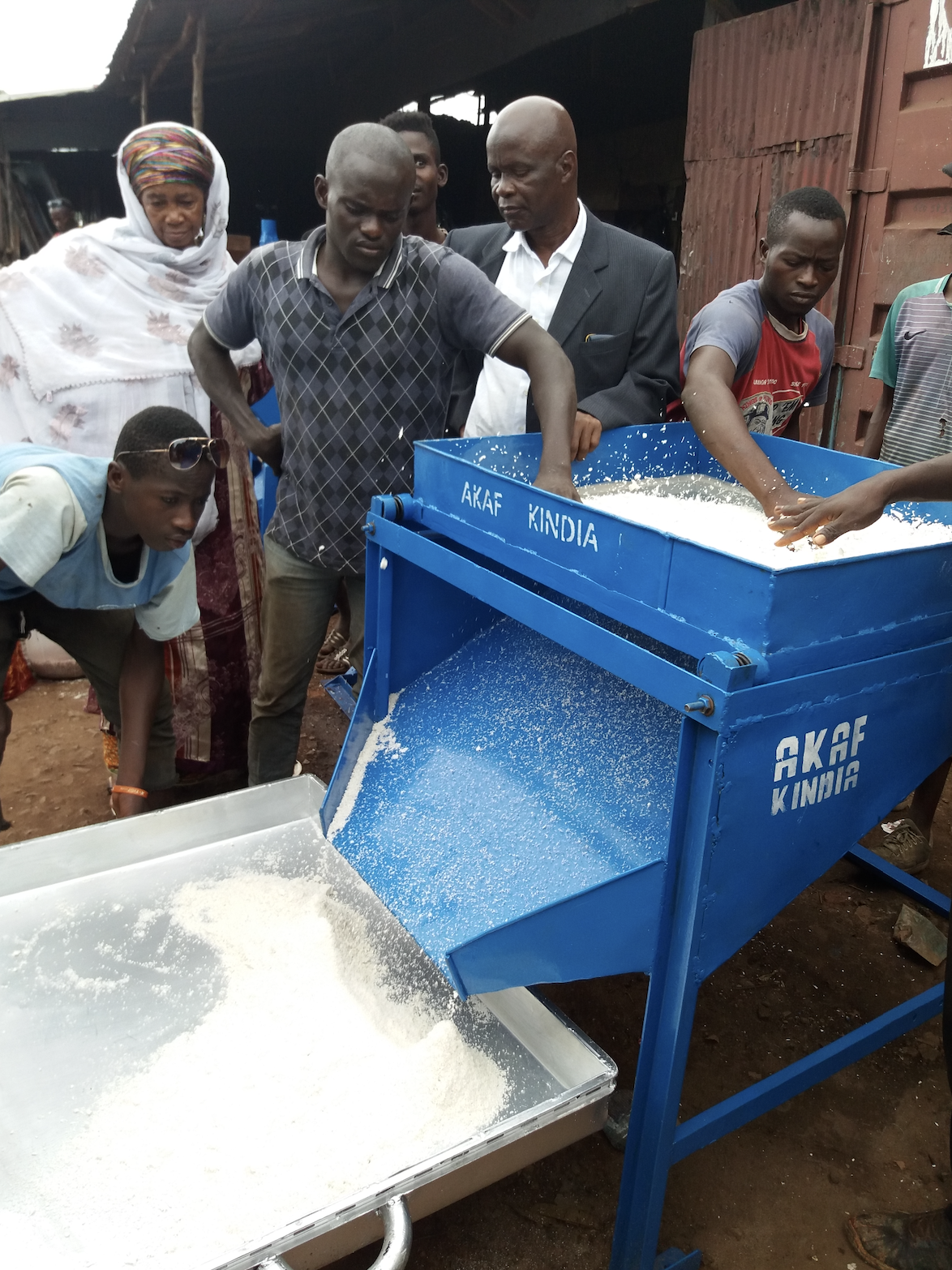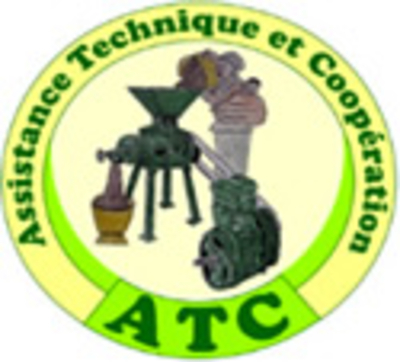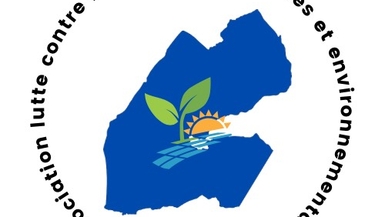Campaign Status
Ongoing Offline: The campaign is currently ongoing offline and, thus still in the process of collecting funds.
Summary
The campaign aims to increase the incomes of 5 villages by enhancing the value of local rice production through the introduction of efficient processing technologies and improved parboiling kits.
Challenge
In the prefectures of Kindia, Forécariah, Boffa, and Boké, rice is mainly grown in the rainy season in the lowlands and plains. Improving the quantity of processed rice would reduce dependence on imports and contribute to food security.
The small-scale processing chain poses a significant challenge to increasing the quantity and quality of processed rice. Inadequate practices and equipment lead to a deterioration in product quality at each processing stage. Additionally, the manual nature of this processing is extremely labor-intensive.
Parboiling, the final stage in rice processing, is traditionally performed by women using pots over an open fire.

Solution
The improved parboiling kits proposed for this project will allow for larger quantities of rice to be processed at once, significantly reducing the time and labor required by women, minimizing environmental impact, and greatly enhancing the quality of the final product. For instance, improved parboiling techniques can process four times more rice using only a quarter of the wood compared to traditional methods.
Additionally, multifunctional platforms will be introduced, enabling the use of various machines, such as grinders, mills, and shelling machines, with a single engine. These platforms are ideal for small-scale agricultural processing, as they enhance the quality, availability, and value of agricultural products, thus increasing farm incomes.

Building on experience from a previous project, ATC will identify five villages with significant rice production that lack access to efficient hulling machines (700 kg/hour to 1.5 T/hour). The project will provide technical support, mobilize local input, coordinate with suppliers, and oversee machine installation. Training will be provided to ensure effective use and management of the equipment, with a local contribution required to promote ownership and improve equipment management.




